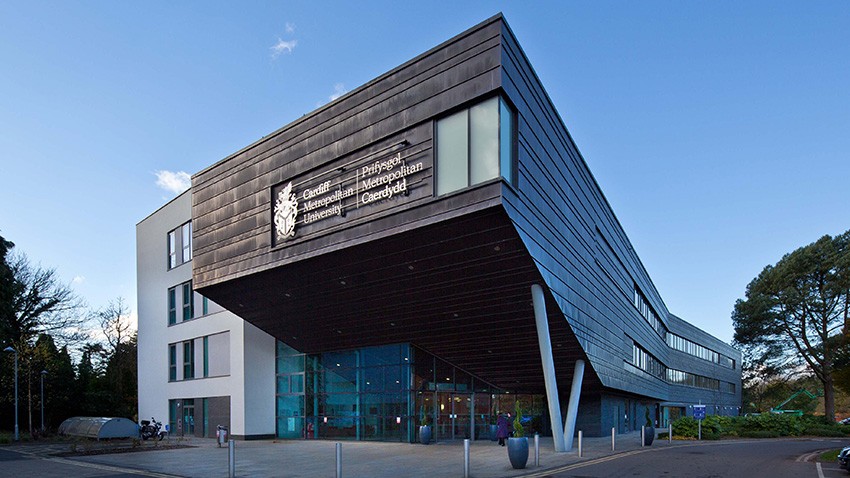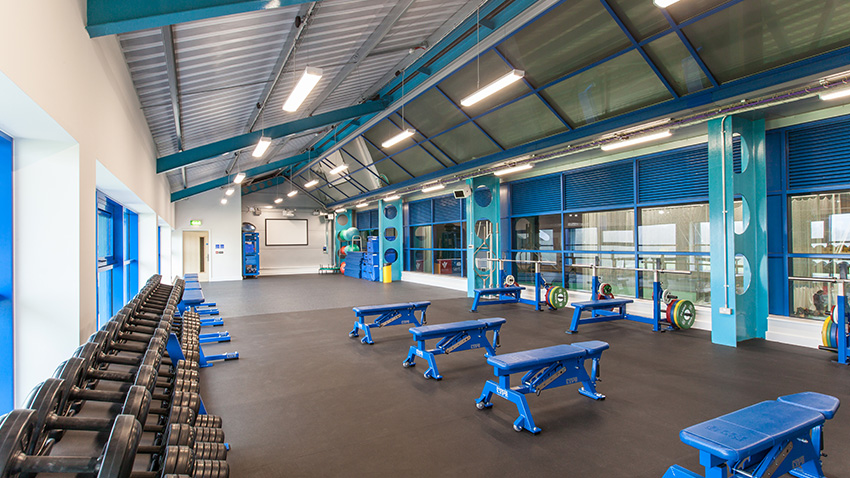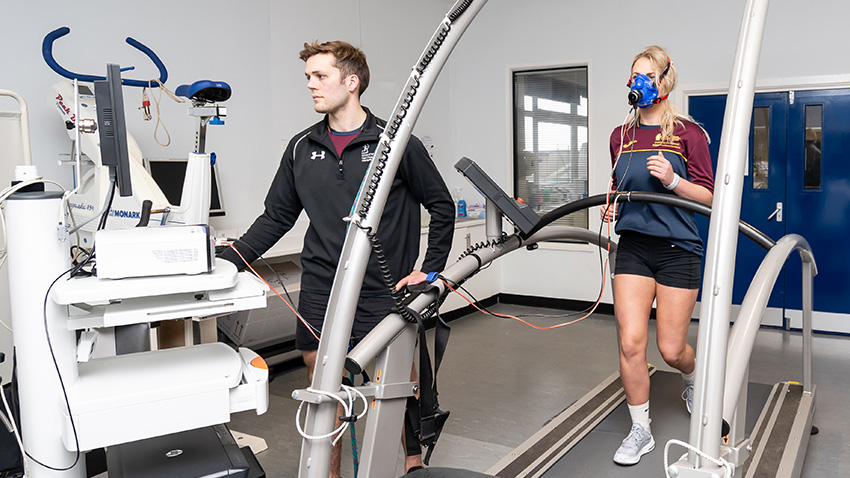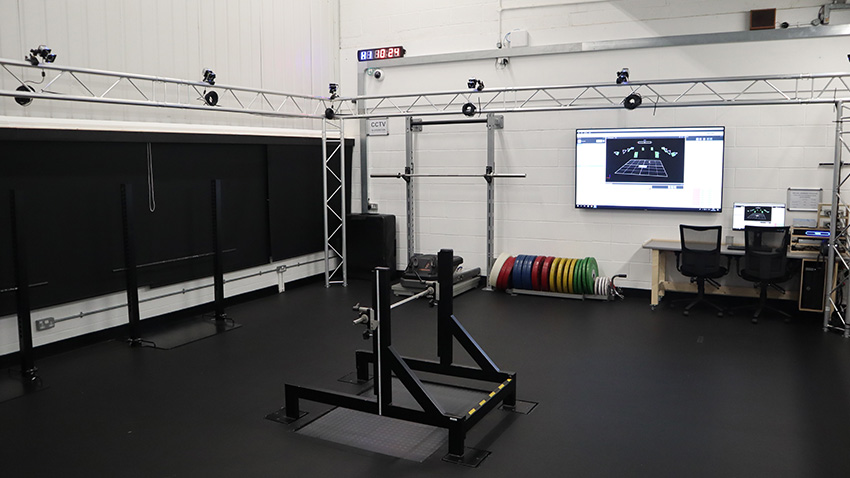📖Program Curriculum
Year 1
Year 1 will cover a number of topics designed to give a broad underpinning of the techniques and principles of engineering used within electronic and computer systems. You will study the theory and practice of designing analogue and digital systems, and will be introduced to the exciting world of mechanical and electronics systems in combination (mechatronics). Your work will be complimented with instruction in applied engineering mathematics, and the development and organisation of software build solutions. Project work will allow you to consolidate of the material covered by developing systems to solve real world problems.
Modules:
Architectures and Operating Systems
Principles of Programming
Analog and Digital Electronics 1
Engineering Mathematics 1
Introduction to Mechatronics
Explore
Year 2
Year 2 will build on the topics and themes of year 1 to introduce a number of additional topics designed to give you a deeper view of the techniques and principles of engineering used within robotic systems. You will cover the theory and practice of using software to control hardware. You will have the opportunity to build electronic systems to consolidate theoretical work through the development of hardware projects. The application of mathematics to the design of control systems will give you insight into the accurate positioning and manipulation of automated machinery, including robotic arms. The design and process of manufacturing robotic systems will be a key component of this year. Research skills and project management will also be covered. You will also undertake project work to consolidate your learning by developing systems to solve real-life robotic problems.
Modules:
Engineering Mathematics 2
Physical Computing
Social Humanoid Robotics
Control Systems
Robotics and Automation Systems
Engineering Project Management
Year 3
Year 3 covers a range of topics in greater depth. Having developed programming skills in earlier years, you will go on to apply these skills to programming hardware and specialised microprocessor and controller chips. Work will continue to develop and deepen your understanding of analogue and digital systems, including intelligent and smart control and electronic power systems. In addition to core modules, there are options to study artificial intelligence and how it is applied to robotics and automated control applications; advanced computing architectures; cyber security; as well as technical project management. An individual project will enable you to consolidate your learning by developing systems to contribute towards solving a real-world robotics problem of your choice.
Students also have the option to complete a year-long placement in industry between Years 2 and 3.
Modules:
Power Electronics and Systems
Autonomous Systems
Advanced Control Systems
Professional Engineering Practical Project
Optional:
Parallel & Distributed Systems
Computational Intelligence
Digital & Analogue Communications Systems
Industrial Work Experience (Placement)
Year 4
Building on a broad and deep understanding of topics covered in the first 3 years of the programme, year 4 will allow you to develop mastery and advanced skills across complex and core topics in electronics and computer processing. A group development project will give you the opportunity to bring together many of the topics covered on the programme, as well as allow investigation of a particular interest or area of development. Outside of these core aspects, there will be opportunities to explore in greater detail topics ranging from artificial intelligence, applications of robotics, sensors and actuators, advanced electromechanical systems design, as well as considering ethical and professional issues of systems design. There is also an opportunity to undertake a short industrial placement, which can often prove very useful in securing future employment.
Modules:
Team Development Project
The Internet of Things
Professional & Ethical Issues in Engineering
Advanced AI in Robotics
Optional:
Sensors and Actuators
Programming for Data Analysis
Applications for Social and Service Robots
Frontiers in Technology
🏠 Accommodation
You will need to book the accommodation after you have been accepted.
You can choose to live on campus or off campus in private accommodation.
How to book:
- Make a booking online after you have been accepted (in this case please let us know your choice when you apply).
- Register when you arrive - its not possible to reserve a room before arriving. You can arrive a few days before and book it
💰 Fees
Application Fee:
$0 USD
Tuition fee:
15,000 GBP per year
60,000 GBP in total
❓✅❌ Entry Requirements
The minimum age is 18.
English fluency is required.
You need to be either:
- A native English speaker
- Studied a degree in English before
- Can demonstrate a high level of English
- Having an English certificate such as IELTS level 6 or TOEFL 95 and above is an advantage.
Minimum education level: High School.
The program is competitive, you need to have a high grades of Average A, 70%, or a high GPA.
All students from all countries are eligible to apply to this program.
Or see the list of programs you are eligible for here .
📬 Admissions Process
3 Steps to Apply to a University
Please choose the programs here , "You are advised to select 2-3 programs to increase your chances of getting accepted.
Required Documents:
- Passport
- Graduation certificate
- Passport size photo
- Official transcript
- Personal statement
- English certificate (You can take the English test online)
- Guarantor letter
Preparing documents:
You can start your application now and send the application documents during your application. Some documents you can send later if you don’t have them right away. Some more info about preparing application documents is here
Application process:
Applying Online is simple in just a few steps. More information is available here.
The first steps are to choose the programs, pay the application fee and upload the application documents.
Once submitted to Global Admissions, we will review your application within 2-3 days and proceed to the university or ask you for further clarification
After it has been processed to the university you will receive your unique application ID from each university.
The university may contact you directly for further questions.
We will then follow up each week with the university for updates. As soon as there is any update we will let you know. If you have made other plans, decide to withdraw / change address at any time please let us know.
After you have been accepted you will receive your admissions letter electronically and asked to pay the non-refundable deposit to the university.
Once you have paid the deposit the university will issue you the admissions letter and visa form to your home country.
Show less❓ Have a Question?
There are no similar questions. Please send us your question below




